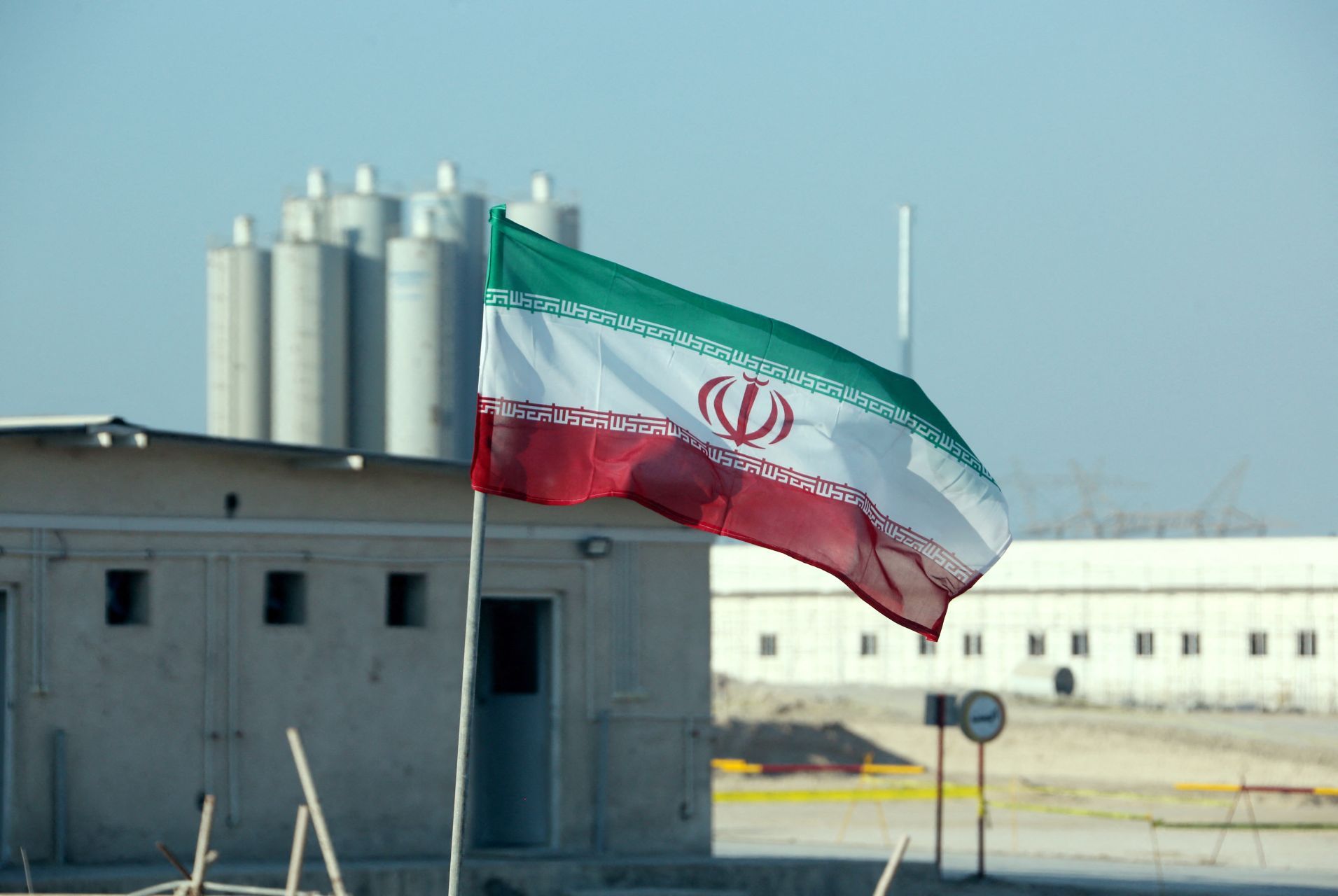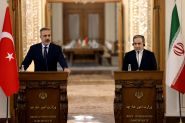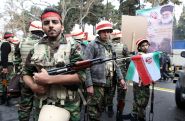- Home
- Middle East
- Iran Says Cooperation with UN Nuclear Watchdog 'No Longer Relevant'

Facing an end-of-August deadline to avoid sweeping UN sanctions, Iran will resume nuclear talks next week with Britain, France, and Germany amid rising tensions over its suspended cooperation with the IAEA following the war with Israel. ©Atta Kenare / AFP
Iran's top diplomat said Sunday that cooperation with the United Nations nuclear watchdog was no longer relevant following the reimposition of international sanctions on the Islamic republic.
"The Cairo agreement is no longer relevant for our cooperation with the IAEA (International Atomic Energy Agency)," Foreign Minister Abbas Araghchi said, referring to a September deal with the UN agency.
The deal had set up a framework to resume cooperation and allow the watchdog to inspect Iranian sites, after Tehran suspended cooperation following Israeli and US strikes on its key nuclear sites in June.
But the agreement lost its significance to Iran as Britain, France, and Germany, signatories to Iran's 2015 nuclear deal, triggered the return of the UN sanctions over Tehran's non-compliance.
Tehran had threatened to halt cooperation with the agency if they sought to reimpose the sanctions.
"The three European countries thought they had leverage in their hands, threatening to implement a snapback," Araghchi said during a meeting with foreign diplomats in Tehran.
"Now they have used this lever and seen the results... the three European countries have definitely diminished their role and almost eliminated the justification for negotiations with them."
He added that the European trio "will have a much smaller role than in the past" in any upcoming diplomacy over Iran's nuclear dossier.
Iran accused the IAEA of failing to condemn attacks conducted by its arch-enemies on its nuclear installations, despite it being a signatory of the Non-Proliferation Treaty (NPT).
Western countries, spearheaded by the United States and joined by Israel, accuse Iran of pursuing nuclear weapons and define uranium enrichment as a red line.
Iran categorically rejects the accusations, insisting its nuclear program is solely for civilian purposes and that it has a right to enrichment under the NPT.
Some Iranian MPs have floated the idea of leaving the NPT, while President Masoud Pezeshkian has said Iran will remain committed to its obligations under the treaty.
Araghchi said Tehran's "decision regarding cooperation with the agency will be announced," without elaborating, while adding there was still room for diplomacy.
Iran had engaged in talks with the United States starting in April to reach a new deal over its nuclear program.
However, the June attacks on Iranian nuclear, military, and residential sites by Israel brought the talks to a halt.
Tehran accused the United States of undermining diplomacy and urged guarantees and recognition of its rights before any possible resumption of negotiations.
AFP
Read more



Comments